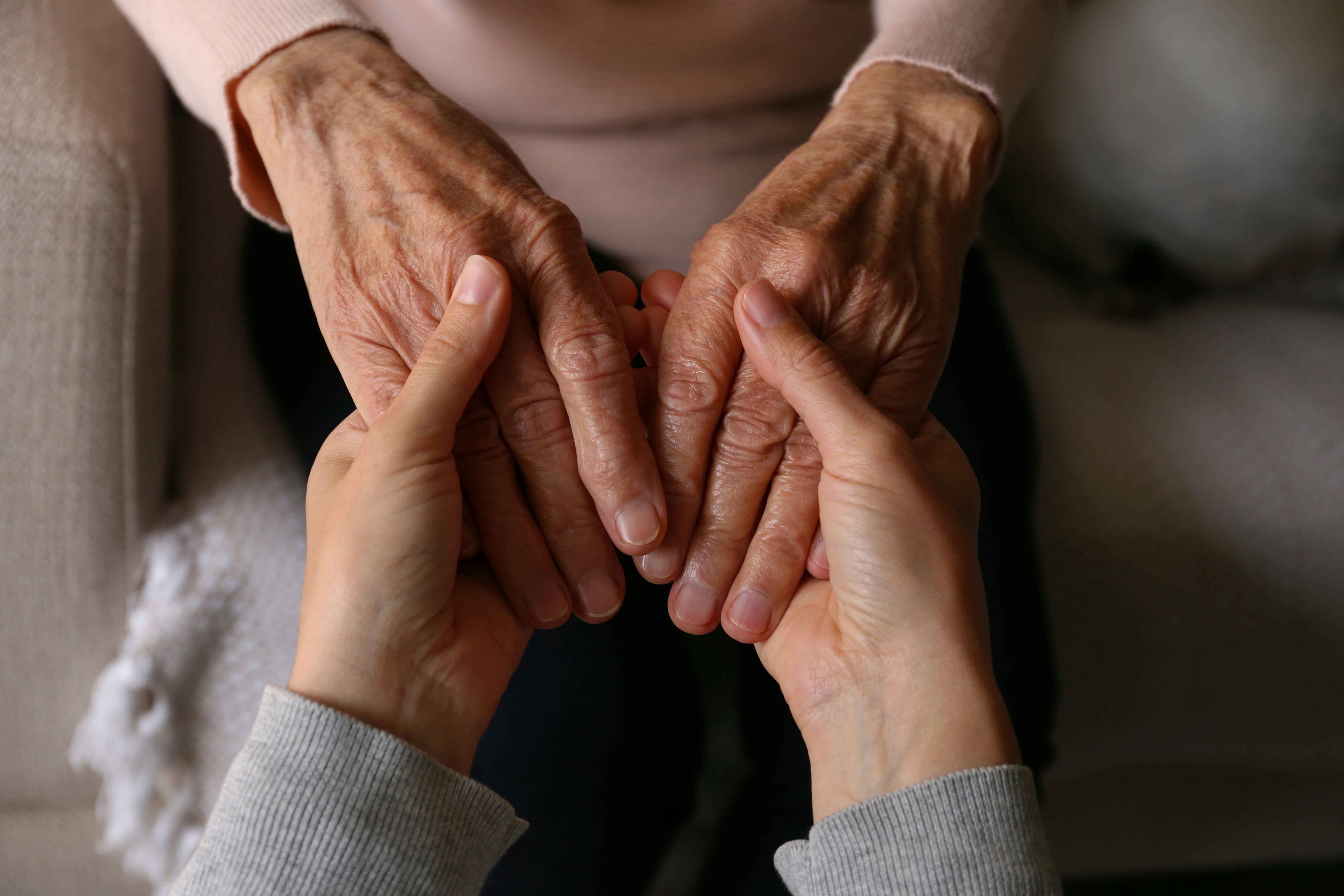- Center on Health Equity & Access
- Clinical
- Health Care Cost
- Health Care Delivery
- Insurance
- Policy
- Technology
- Value-Based Care
Survey Finds Older Adults Bear Disproportionate Caregiving Burden
New survey data reveals that more than 25% of those aged 50 years and older assume caregiver responsibilities.
Over 25% of individuals aged 50 and up embody a caregiver role for at least 1 friend or loved one with some form of disability or health issue, according to recent findings from the University of Michigan National Poll on Healthy Aging. These results additionally shed light on who caregivers in this age range are providing care services for.1
The most prevalent health issue caregivers were assisting with was physical disability, which accounted for 59% of responses. The second most frequent issue reported was memory or cognitive problems (42%), followed by mobility/other issues (40%), impairments to hearing or vision (28%), and concerns over mental health (22%).
Age- and gender-related data revealed that 10% of the caregivers in their earlier 50s and 60s were responsible for the care of 3 or more individuals, caring for at least 1 person was less common after the age of 65 (30% vs 23%), and more women in this age group assumed caregiver roles than men (32% vs 22%).
Over 25% of individuals aged 50+ years are a caregiver to at least 1 family member or friend, survey finds | image credit: Evrymmnt - stock.adobe.com

In the majority of responses, caregivers reported caring for someone in the aging population (65 and up; 66%) compared with younger adults or children with developmental or intellectual disabilities (23%).
The poll also touched on individual perspectives on who should bear the brunt of health care costs for those older than 65 years old. Many of the respondents believe that the government should cover these costs (45%), whereas others indicated they think the care recipient (27%), family or friends of the recipient (18%), or other sources (10%) should take on the financial responsibilities.
Cost remains an important consideration for many caregivers and will continue to be so as the aging population is expected to increase, according to survey data from The AP-NORC Center.2 Their findings have demonstrated that as much as 80% of caregivers pay out-of-pocket for costs associated with caregiving. This spending can range from $1-$99 per month for 30% of caregivers, $100 to $499 for 35%, and even $500 to $999 (6%) or over $1000 (6%) in more extreme cases. This data further described that 41% of caregivers reach into their own savings accounts to cover related expenses, 25% restrict their retirement savings, 18% borrow money in the form of a favor or bank loan, and more day-to-day expenses like spending on personal items or entertainment can also be impacted.
Poll results showed that caregivers had a higher chance of believing the government should assume financial duties for caregivers providing services to older adults (51%) vs those who’s caregiving responsibilities were irregular (42%).1 Furthermore, respondents in the lower age range (early 50s and 60s) were more likely to believe the government should pay for caregiver-related costs than respondents over the age of 65 (48% vs 41%). Additionally, women were more likely support this opinion than men (49% vs 41%), as were Black respondents compared with other racial groups (63% vs approximately 40%-44%).
“Nationwide, these data confirm that caregiving for family and friends who have health challenges falls unevenly on people in their 50s and early 60s, and women,” stated Sarah Patterson, PhD, University of Michigan, who aided in conducting the survey. “But they also show us more about the specific health issues and disabilities they’re helping loved ones with, and about the need for more awareness of existing support programs for older adults and their caregivers.”
References
1. Patterson S, Kullgren J. Caregiving: Poll reveals who’s providing care and who they’re caring for. University of Michigan. August 6, 2024. Accessed August 6, 2024. https://www.healthyagingpoll.org/reports-more/poll-extras/caregiving-poll-reveals-whos-providing-care-and-who-theyre-caring
2. Long-term caregiving: The true costs of caring for aging adults. The Long-Term Care Poll. Accessed August 6, 2024. https://www.longtermcarepoll.org/long-term-caregiving-the-true-costs-of-caring-for-aging-adults/#:~:text=Beyond%20the%20hours%20they%20spend,are%20significant%20and%20long%20lasting.
